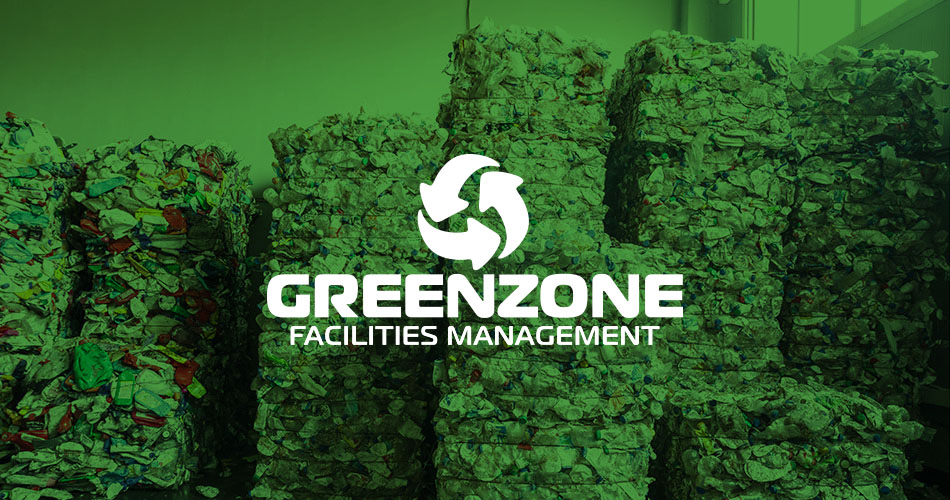The call was issued as part of Defra’s revised Waste Management Plan for England, published today (27 January).
Local authorities who must make changes to their infrastructure are asked to do so as soon as “contractual obligations allow”.
Defra has committed to funding the net costs of new burdens on local authorities arising from new statutory duties.
The plan aims to provide an up-to-date overview of waste management in England but does not outline any new regulations. The government is legally obliged to update the plan every six years under the Waste (England and Wales) Regulations 2011. The last plan was published in 2013 (see letsrecycle.com story).
Waste Management Plan
Environment minister Rebecca Pow said: “Our Waste Management Plan is an important part of transforming how we manage our waste and resources, outlining how waste can be processed, recycled and disposed of in the most efficient and sustainable ways.
“The updated plan reflects ambitious new government commitments. These include recycling at least 65% of our municipal waste by 2035 with only 10% being sent to landfill, as well as measures to tackle litter.
“We have committed to leave the environment in a better state than that in which we inherited it, and this is an important step forwards.”
The Environment Bill, which yesterday halted its passage through parliament (see letsrecycle.com story), requires the secretary of state for Defra to set long-term, legally binding environmental targets in four areas, one of which is resource efficiency and waste reduction. These long-term targets need to be set by 31 October 2022.
Targets currently under consideration include increasing resource productivity and reducing the volume of ‘residual’ waste the country generates.
Energy from waste
In the plan, Defra says it wants to increase the number of energy from waste (EfW) plants which operate in combined heat and power mode. Currently only around a quarter of EfW plants do so.
Defra says it is targeting EfW plants to produce heat for heat networks as this substantially reduces their emissions by making use of the otherwise wasted heat to displace gas boiler heating. To support this, it is backing the BEIS £270 million Green Heat Network Fund (GHNF) scheme, which is expected to open in 2022.
The department says the government welcomes continued further market investment in residual waste treatment infrastructure, particularly where this links up with local heat users or heat networks.
Landfill
While Defra says inert waste can and should be recovered or recycled whenever possible, it adds that landfill remains a valid way of restoring quarries and worn-out mineral workings where this is a planning requirement.
The plan reads: “There are some wastes for which landfill remains the best, or least worst, option. The Resources and Waste Strategy recognises there is an ongoing role for landfill in managing waste, particularly for inert waste that cannot be prevented, recovered or recycled, but that its use should be minimised as much as possible.”
Such materials, Defra says, include some hazardous wastes, certain process residues, and waste for which the alternatives to landfill are not justified on cost or environmental and resource efficiency grounds.
Brexit
Defra says that for “various reasons”, the benefits of reusing products for example after remanufacture or reconditioning are not fully realised at present.
These reasons are said to include uncertainty about quality, lack of information and high costs when collections are inconsistent.
Leaving the European Union provides an opportunity to review and streamline the regulatory environment to overcome these barriers, the department says.
Collections
Despite actions taken by the government to improve the quality of recycling, Defra says it has not improved significantly, with many local authorities following comingled collections and not separating glass from other materials as recommended.
Following consultation, Defra has set out requirements for separate collection of recyclable waste streams in the Environment Bill. This will be supported by statutory guidance and further regulations which “will be consulted upon in 2021”.
Defra is legislating through the Environment Bill to require weekly separate food waste collection from households in England. It says the government continues to support anaerobic digestion (AD) as the most effective way to treat separately collected food waste to produce energy and bio-fertiliser.
In addition, the Environment Bill would also require waste collection authorities to separately collect garden waste from households. It says it is to consider the costs and benefits of free garden waste collections before making a final decision on whether it should be required, or whether charging should remain a matter for local decision making.
Defra says it also wants to increase recycling from flats and is proposing that measures that apply to kerbside households should apply equally to flats.
Orginal Source

